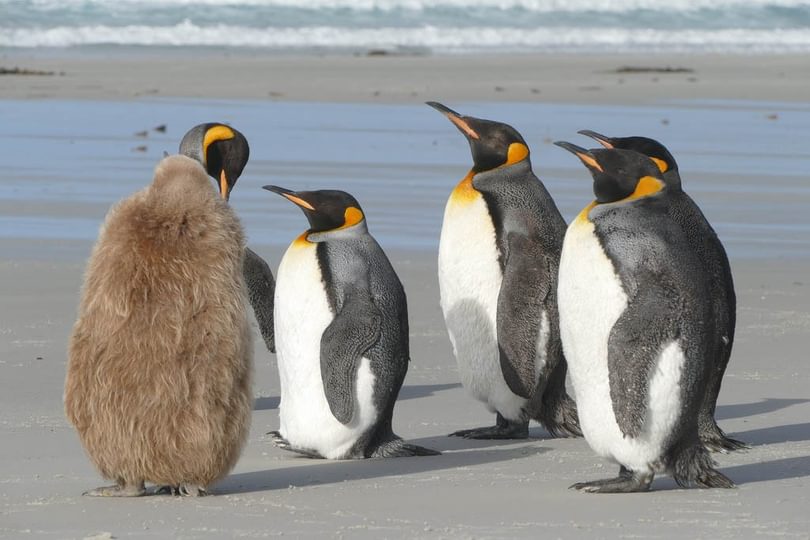
Humanity’s relationship with nature has changed profoundly as civilization has evolved and societies have become increasingly urbanized and globalized. Our demand for natural resources and ecosystem services has grown to the point where it is now seriously out of balance with what the planet is able to provide sustainably.
Conservationists worldwide have ramped up their efforts to right this imbalance, and they have many successes to their credit. But the grim reality is that conservation is losing the battle. Species loss continues at astonishing rates, and habitat destruction – a major driver of extinction – shows no signs of abating. The world lost nearly 20 million hectares of tree cover in 2015, an area the size of Uganda. That’s a 47 per cent increase from 2001.
Against this backdrop, UN Environment and partners have launched an initiative that aims to transform how we think about and interact with the natural world.
We need a serious rethink of how we approach conservation,” says Erik Solheim, head of UN Environment. “We need to take it beyond the idea that it’s just a worthy cause or something of a luxury, and bring around those who see it as a barrier to development. We need to demonstrate the real value to societies and economies, and present workable solutions that show conservation makes perfect sense.”
The new initiative, Conservation Futures, is a partnership between UN Environment, the Luc Hoffmann Institute, the Oxford Martin School and the World Economic Forum. The project is working to reimagine, rethink and reframe attitudes towards conservation, and organizers hope to make significant progress ahead of the Beijing Convention on Biological Diversity Summit, which will meet in 2020.
“We aim to generate new ideas for conservation, new energy and a new sense of purpose,” says Mark Halle, Interim Coordinator of Conservation Futures. “We aim to recruit a diverse and distributed actor-base for conservation, working to a new and broadened agenda.’’
Conservation Futures aims to substantially expand the community of people who are involved in and supportive of conservation. Building on experiences and successes to date, the team aims to generate a widespread movement to drive change at the pace and scale necessary for conservation success.
“There has never been a time in history when the choice for futures is so critical,” says Maxwell Gomera, a UN Environment biodiversity expert.
“The question has to be, ‘What is it that’s making well-meaning people make choices that undermine our shared future?’ The answer lies somewhere in the relationship between our economic systems and nature, in the incentives in our economy that are shaping choices. If we are serious about effecting system change, we need to instigate new ways of ensuring that nature continues to be a legitimate and viable enterprise. That means developing bold new initiatives and ideas,” he adds.
For more information: Julian Blanc at the UN Environment Programme.